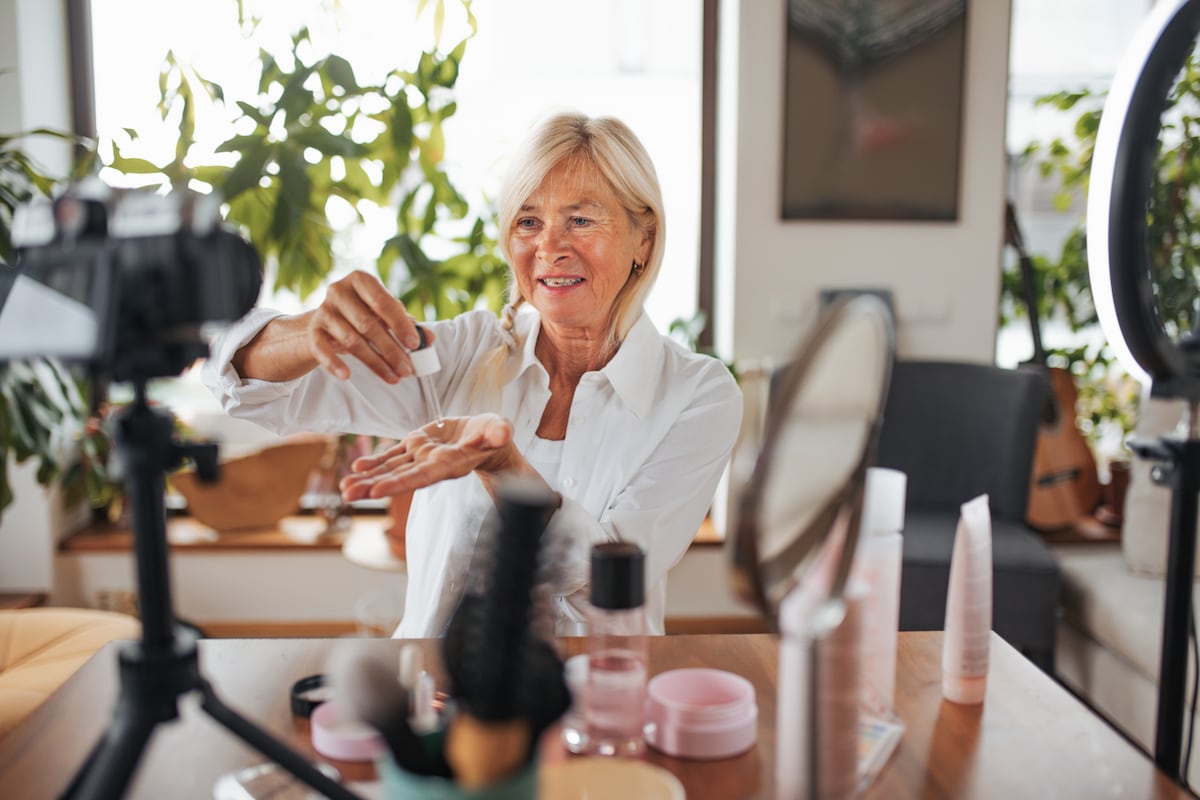Alba Fernández Palacios, a 30-year-old woman from Madrid, started taking care of her skin three years ago due to acne. Following dermatologists’ advice on social networks, she includes retinol in her facial routine to lighten pimple spots. Retinol, a derivative of vitamin A, is a popular anti-aging ingredient in cosmetics that promotes skin renewal, smoothness, luminosity, and collagen production.
However, the use of retinol should be done with caution to avoid skin irritation. Dermatologists recommend starting with low concentrations and gradually increasing usage as the skin gets accustomed to it. The importance of sun protection when using retinol is also emphasized. The European Commission approved a regulation limiting the concentration of retinol in cosmetic products to ensure consumer safety.
New regulations restrict retinol to a maximum of 0.3% in facial products and 0.05% in body products to prevent potential health risks associated with vitamin A absorption. Excessive vitamin A intake can lead to severe health issues, prompting the need for these limitations. Dermatologists highlight the importance of following guidelines and precautions when using retinol for skincare.
Social media has played a significant role in the popularity of retinol, leading to improper or unnecessary usage in some cases. The European regulations aim to ensure the safe use of retinol in cosmetics and prevent skin problems caused by high concentrations. While the general population can benefit from low concentrations of retinol for anti-aging purposes, higher concentrations may be necessary for specific skin conditions such as acne or wrinkles around the eyes.
The possibility of prescribing higher concentrations of retinol for medical indications remains unclear under the new regulations. Specialists may be allowed to prescribe or formulate retinol at higher concentrations when needed for certain skin conditions such as psoriasis or severe acne.
Overall, the regulations aim to regulate the use of retinol in cosmetics to promote safer skincare practices and prevent potential health risks associated with excessive vitamin A intake.
It is essential for consumers to understand that while low concentrations of retinol are generally safe for most people, they should still follow guidelines and precautions when using it for skincare purposes. If you have any concerns about using retinol or other skincare products, it is always best to consult with a dermatologist before making any changes to your skincare routine.
In conclusion, while social media has played a significant role in popularizing certain ingredients like retinol, it is crucial not to overuse them without proper guidance from professionals or follow guidelines and precautions outlined by experts such as dermatologists who specialize in skincare treatments and concerns related specifically with vitamin A derivatives like Retinoids (retinaldehyde) that have been approved by regulatory authorities like US Food and Drug Administration (FDA)


